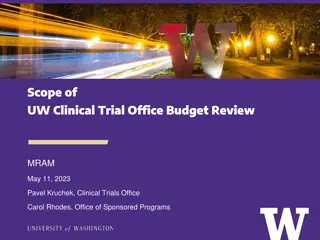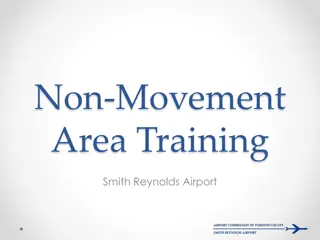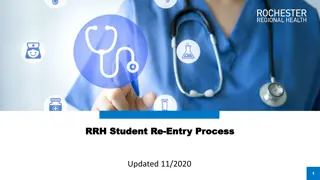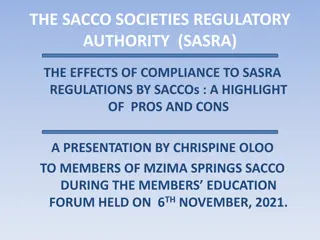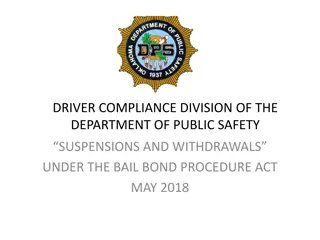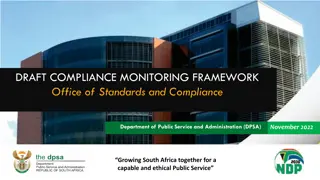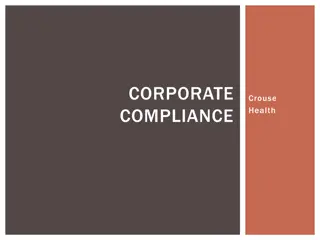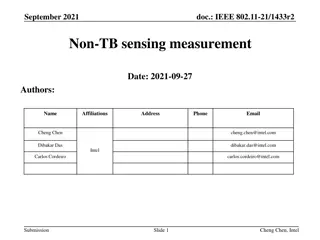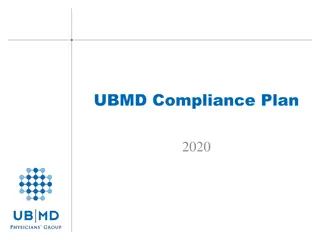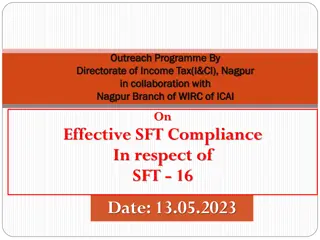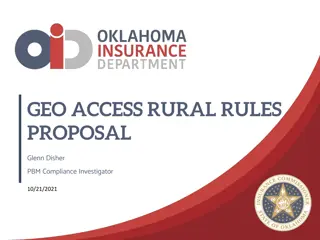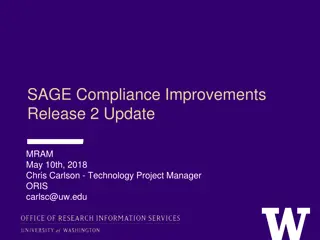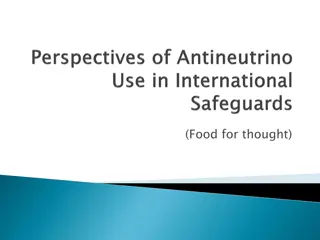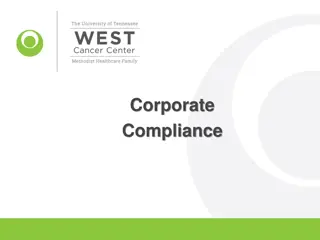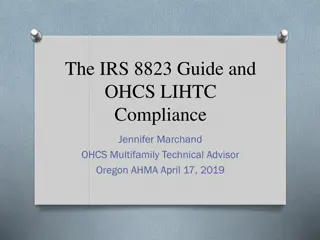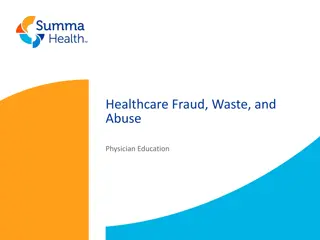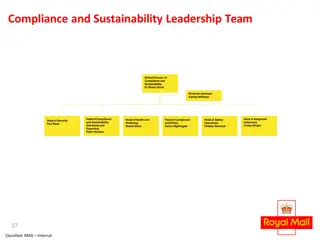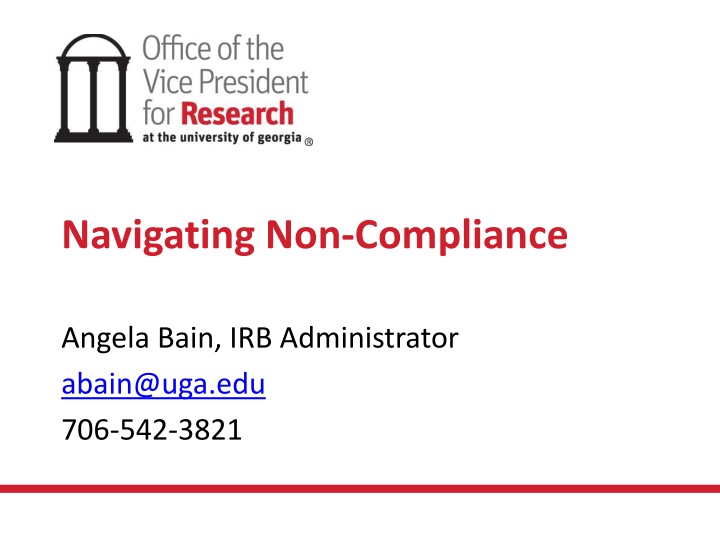
Research Non-Compliance and Reporting Obligations
Learn about reportable new information (RNI) in research, including unanticipated problems, adverse events, protocol deviations, and violations. Find out what to do when an investigator submits an RNI.
Download Presentation

Please find below an Image/Link to download the presentation.
The content on the website is provided AS IS for your information and personal use only. It may not be sold, licensed, or shared on other websites without obtaining consent from the author. If you encounter any issues during the download, it is possible that the publisher has removed the file from their server.
You are allowed to download the files provided on this website for personal or commercial use, subject to the condition that they are used lawfully. All files are the property of their respective owners.
The content on the website is provided AS IS for your information and personal use only. It may not be sold, licensed, or shared on other websites without obtaining consent from the author.
E N D
Presentation Transcript
Navigating Non-Compliance Angela Bain, IRB Administrator abain@uga.edu 706-542-3821
Reportable New Information (RNI) And RNI is how investigators report to the IRB the following situations that may occur in the conduct of their research: Unanticipated problem involving risks to subjects or others Adverse Events Protocol violations and deviations
Unanticipated problem involving risks to subjects or others Unexpected (in terms of nature, severity, or frequency) given the research procedures Related or possibly related to participation in research Suggests that the research places subjects or others at a greater risk of harm than was previously known or expected.
Adverse Events Unexpected Adverse Event Nature, severity, or frequency is not consistent with the known foreseeable risks associated with the protocol Serious Adverse Event Results in death Is life threatening Requires hospitalization Results disability Results in congenital anomaly/birth defect
Protocol Deviations Accidental or unintentional changes to, or non-compliance with the protocol that does not increase risk or decrease benefit; does not significantly affect subject s rights, safety or welfare. Failure to collect an ancillary self-report questionnaire. Weighing a participant with shoes on. Vital signs obtained prior to informed consent. Performing a planned procedure on a different timetable than previously specified in the research protocol because of an unforeseen disruption such as a subject s vacation.
Protocol Violations Accidental or unintentional change to, or non-compliance with the IRB approved protocol that increases risk or decreases benefit, affects the subjects rights, safety, or welfare, or the integrity of the data: Inadequate informed consent Enrollment of subjects not meeting inclusion/exclusion criteria Improper breaking of the blinding of the study Inadequate record keeping Mishandled samples
The Investigator submitted an RNI What now?
HSO Staff conducts a pre-review If it is determined to not pose an increase of risk to participants, it is reviewed by the IRB Chair and designee. If it is determined to pose an increase of risk to participants, it is reviewed by the full committee. The committee will confirm whether risks to participants has been increased due to the event and will determine further action such as suspending, terminating, or modifying the research. The committee will also determine noncompliance.
When is it noncompliance? Noncompliance is defined as conducting research in a manner that violates federal law, state regulations, or institutional policies.
What does the IRB do? The IRB has the following determinations to make: Serious vs Non-Serious Continuing vs Non-Continuing
Non-Serious Noncompliance Minor or technical violations which result from inadvertent errors, inattention to detail, or failure to follow operational procedures which do not pose immediate risk to subjects, the environment, or researchers, and/or violate research subject s rights and/or welfare
Serious Noncompliance Failure to adhere to the laws, regulations, or policies governing research that may reasonably be determined to: a. Involve substantive harm, or a genuine risk of substantive harm, to the safety, rights, or welfare of human or animal research subjects, research staff, or others. b. Result from deliberate disregard for the laws, regulations, or policies governing research that substantively compromise the effectiveness of the institution s research oversight program
Continuing Noncompliance Persistent failure to adhere to the laws, regulations, or policies governing research and can represent either minor or serious noncompliance.

